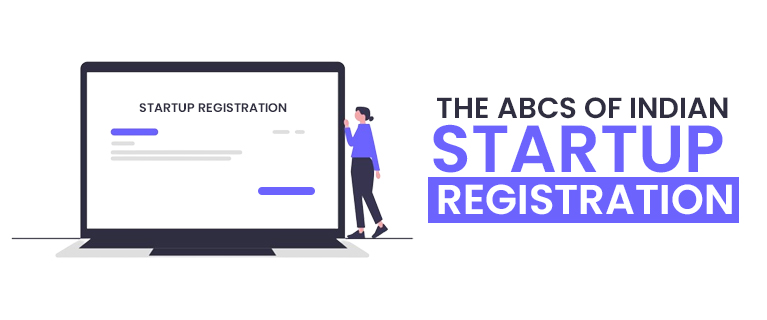The ABCs of Indian Startup Registration

In recent years, India has witnessed an unprecedented surge in entrepreneurial spirit, with startups sprouting across various sectors. The Indian government has been proactive in fostering this ecosystem, offering support and streamlined processes for startup registration . In this blog, we will delve into the intricacies of India startup registration, providing a comprehensive guide for aspiring entrepreneurs. Understanding the Basics: 1. Legal Structures for Startups Choosing the right legal structure is the first step in the startup registration process. Common options include Private Limited Company, Limited Liability Partnership (LLP), and One Person Company (OPC). Each structure has its own set of advantages and limitations, so it's crucial to align your choice with your business goals. 2. DIN or Director Identification Number and DSC or Digital Signature Certificate Before registering a company, the directors need to obtain a Director Identification Number (...


